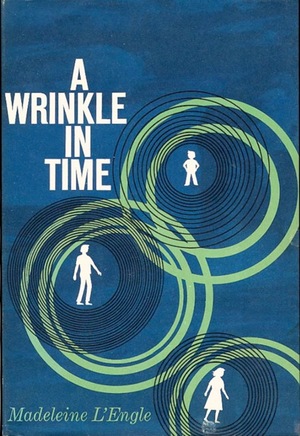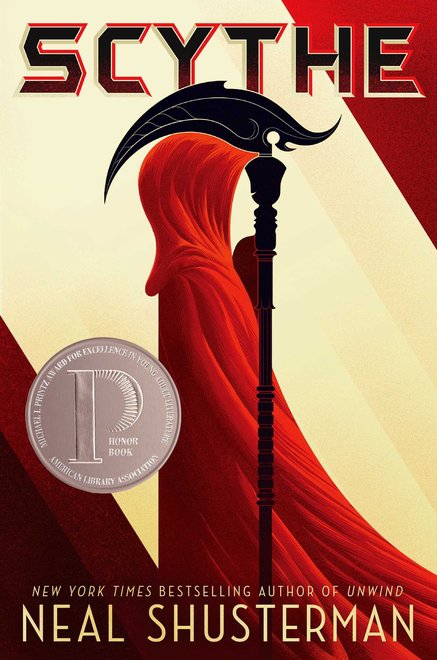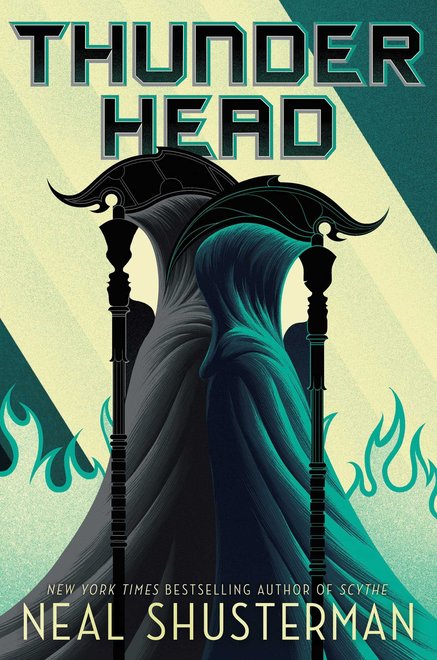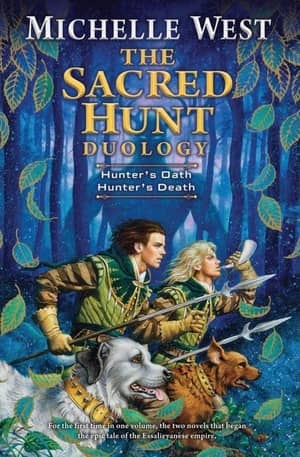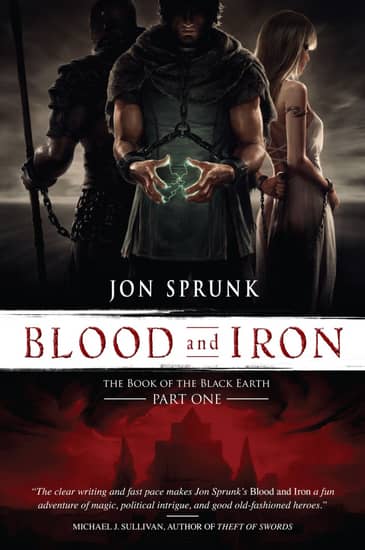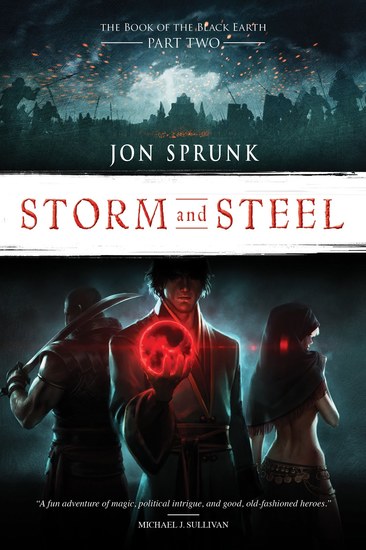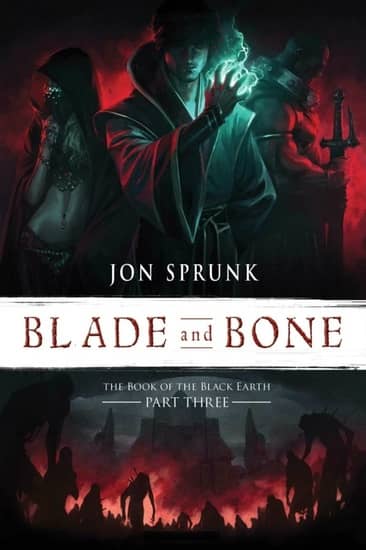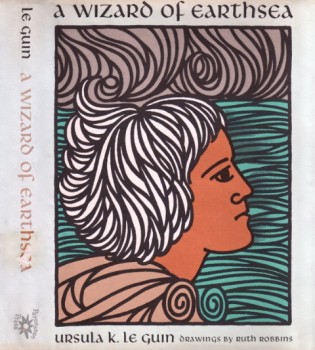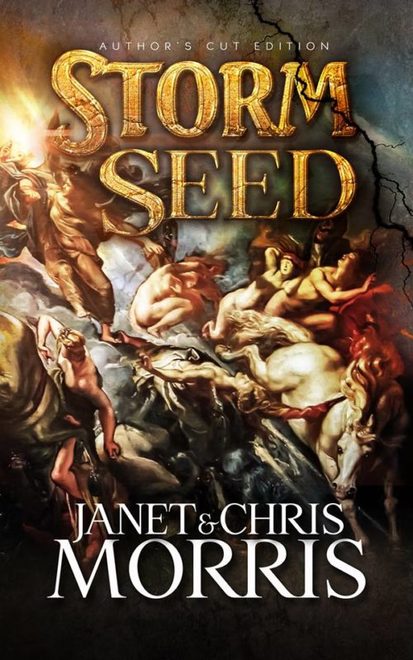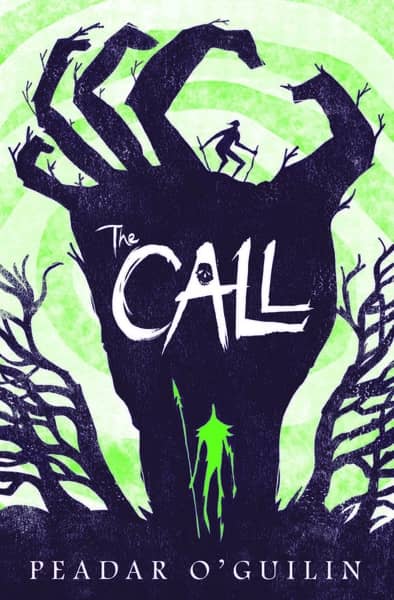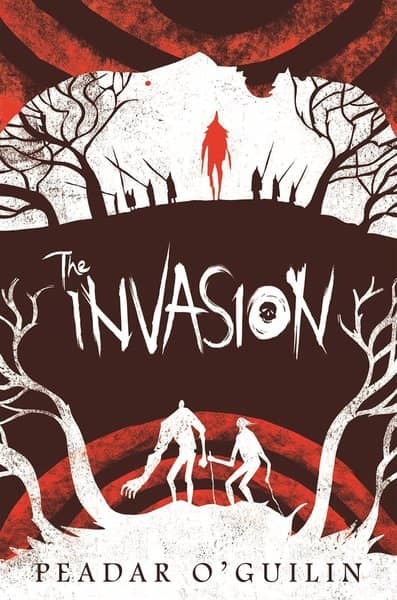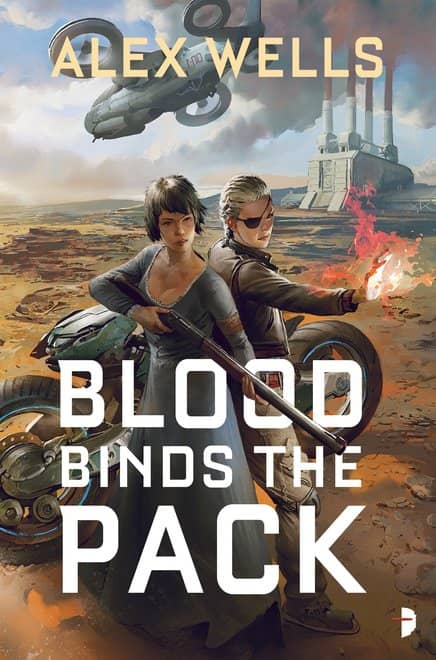New Treasures: The Throne of Amenkor by Joshua Palmatier
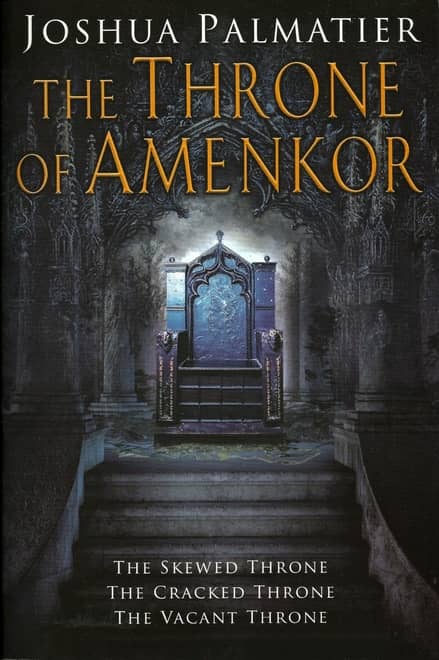 |
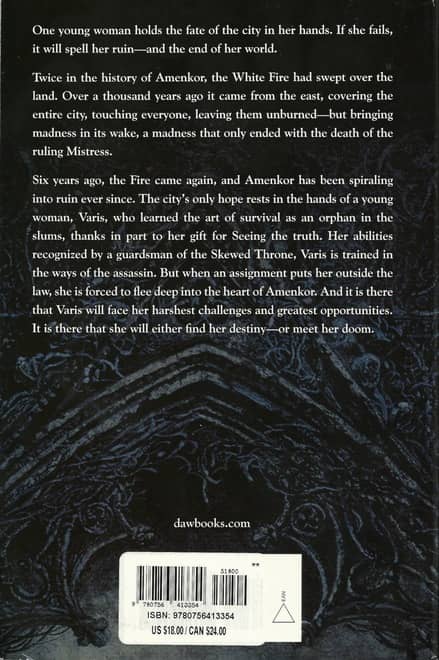 |
Joshua Palmatier is a high-energy guy. I wrote about his science fictional Ley Trilogy last year, and I backed his 2017 Kickstarter for the Guilds & Glaives anthology because it contains stories by no less than four Black Gate authors: David B. Coe, James Enge, Howard Andrew Jones, and Violette Malan.
That ought to be enough from one guy to satisfy even the most demanding readers. So I was surprised to find a fat 840-page volume from Palmatier during my last trip to Barnes & Noble: The Throne of Amenkor. It turns out to be an omnibus reprint collecting three of his early fantasy novels:
The Shewed Throne (384 pages, $8.99 in paperback, January 3, 2006)
The Cracked Throne (400 pages, $7.99 in paperback, November 7, 2006)
The Vacant Throne (480 pages, $8.99 in paperback, January 2, 2008)
All three were published in hardcover by DAW, and are still in print in mass market paperback a decade later — an impressive feat. K. Tang and Charlene Brusso reviewed them enthusiastically for Black Gate, but I never had the chance to enjoy them myself. I already have a handful of Joshua Palmatier novels sitting on my nightstand, and an anthology on the way, but I’m a sucker for these big omnibus editions from DAW and I ended up bringing The Throne of Amenkor home with me anyway.
